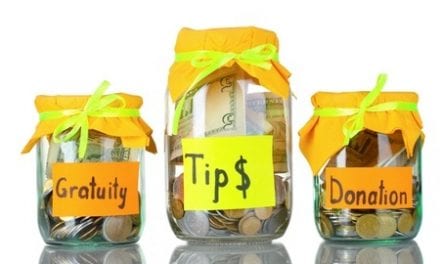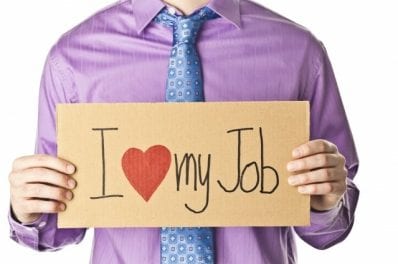By Susan Saldibar
When Rachel Hill asked Kathy Parry, author and energy expert, what she did to manage her own stress levels back when she was caring for her terminally ill daughter, she said, without skipping a beat,
“I got professional help.”
She had the resources to do that. Your CNAs don’t.
But there’s plenty you can do to turn that around.
Start by tuning into this recent KARE-ing Conversations episode on “Stress and Burnout in the Workplace.” Rachel and KARE’s (a Foresight partner) Jordan Evans (HERO development program manager) invited Kathy to share her stories and experience in the caregiving field.
And she has plenty to share, much of which can be found in her book, Energize and Serve With Joy (Joy is the name of her daughter). It includes lots of stories from CNAs. (You can learn more about Kathy and find the book here.)
“Your issues are too big for your sister, your mama, or a beer at the bar to solve.”
Is that right-on or what? It’s just one pearl of wisdom Kathy dispenses in the episode. But it’s not just a clever line for a quick laugh. It means one thing and one thing only:
Senior living leadership needs to start offering affordable mental health services and support 24/7.
If you’re still tiptoeing around this, here are a few insights from the KARE-ing Conversations episode to think about:
- Caregivers need to stop assuming that stress is part of their job description: “I’m a caregiver; I care. Therefore, I’m supposed to be stressed out.” So they take on more and more until, as Kathy says, “like a rubber band, you snap.”
- Who has the biggest impact on CNA mental wellbeing? YOU do! Kathy shared the results of a survey of 3,400 people from the Workforce Institute at UKG. 70% said their leader/manager had the biggest impact on their mental well being — higher than spouse or partner. Wow! That means it’s time to go deeper when you ask a CNA how he/she is doing. “How are you REALLY doing?”
- Finding balance is crucial to keeping stress levels low. A big part of that is creating personal boundaries. As in, “I can’t do anything about Mr. Jones now that I’ve left work. I can address it tomorrow, but not tonight. This is my space, my time.”
- Everything does NOT have to be done at once. This is a tough one because CNAs are treated like everything is an emergency. It’s on management to make it okay to stop and take time out to regroup.
- CNAs need to feel empowered to bring up their emotional health to management. Don’t just say, “We’ve got it, 100%.” Management needs to take the pressure off CNAs so that they feel empowered to say something like, “This is stressing me out. What steps can we take so that I don’t end up burned out?”
How many batteries are needed to keep a CNA operating effectively?
I love this part. Kathy’s book gets into how those who serve can keep energized. She points out six “batteries” that need to be charged and stay charged by management: communicating, civility, celebrating, contributing, caring, and community.
“You impact everyone’s day. Get over yourself. Be a servant leader. Communicate.”
At the end of the day, as with everything in life, communication is key. If you’re not clear and transparent, you’ll never power up your team.
Jordan continually tells managers to just talk to their team. Find that person you’ve never talked to. And don’t be afraid to be vulnerable yourself.
Another way of putting it belongs to Kathy: “You impact everyone’s day. Get over yourself. Be a servant leader. Communicate.”
No better time to start than now.
As is typical, KARE is behind these great KARE-ing discussions. You owe it to yourself and your team to check out KARE and learn about how they can be your greatest partner in helping to support the needs of your careforce.







